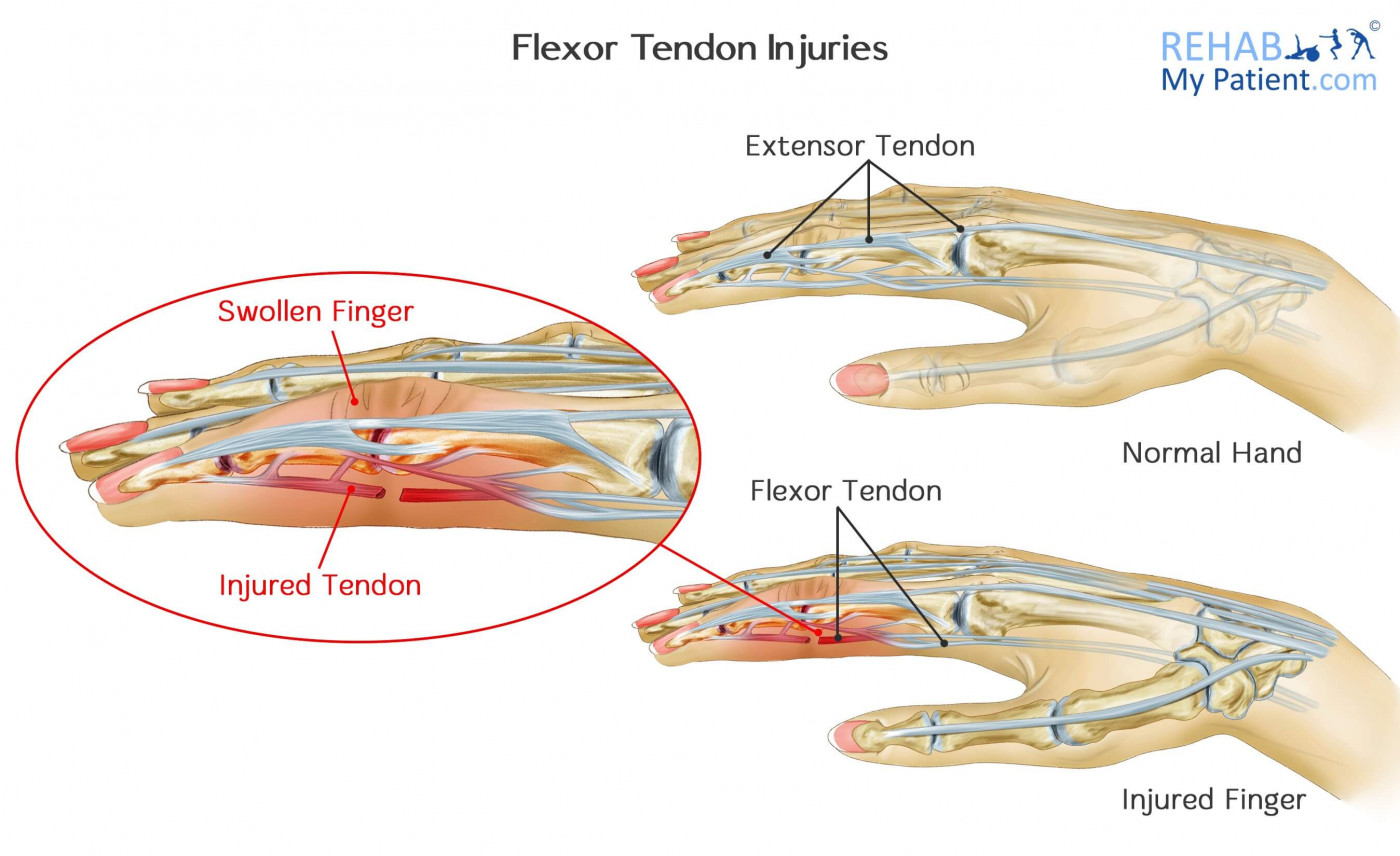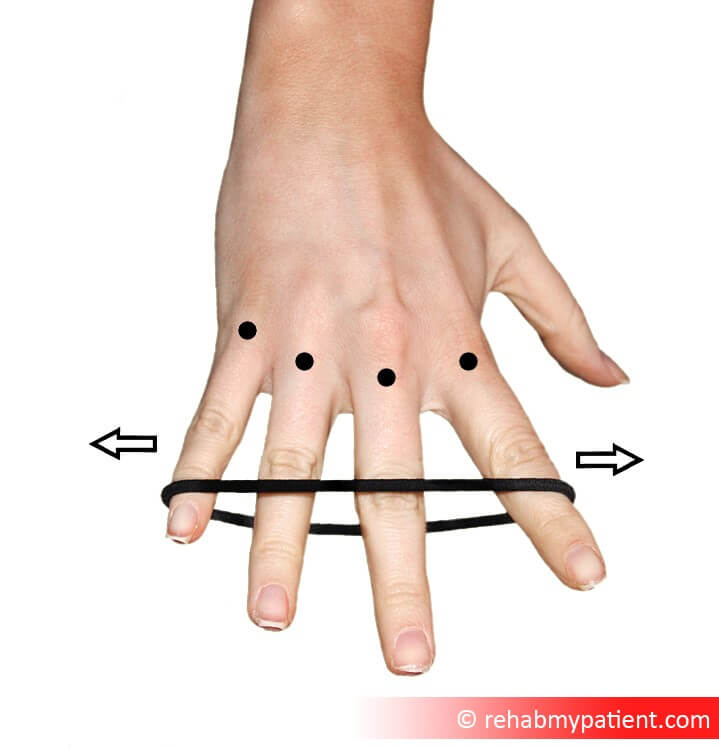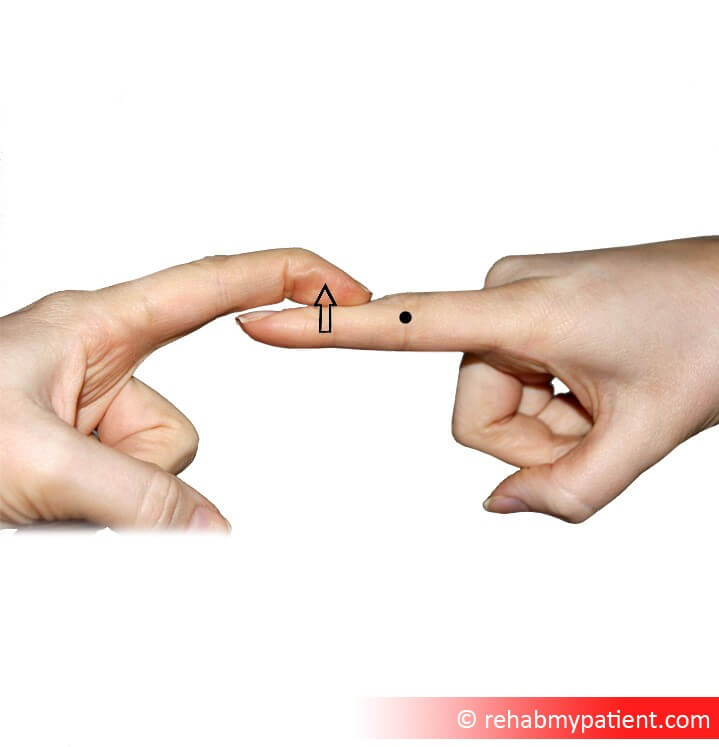
Deep cuts on the palm side of your hand, fingers, forearm and wrist can cause extensive damage to the flexor tendons, which are those tissues that help to control movement within the hand. Injuries to the flexor tendon might make it impossible to bend the thumb or the fingers.
Beyond cuts on the fingers, arm or hand, certain sports activities could end up causing injuries to the flexor tendon. The injuries commonly occur in football, rugby and wrestling. When one player grabs onto another players jersey and the finger ends up getting caught and pulled, jersey finger can occur. The tendon is ripped from the bone.
Certain health conditions can weaken the tendons and make them more prone to tearing. It can occur without notice or injury. An individual might find that their finger isn’t bending any more, but they cannot remember how it happened.
Tendons are most commonly injured by putting your hand through glass. Sometimes that can happen during a fall, or slipping to grab an object which breaks causing your hand or wrist to be lacerated.
Flexor Tendon Injuries Anatomy
Tendons are the tissues that connect your bones to your muscles. Whenever the muscles contract, the tendons pull on your bones. This can cause various parts of the body to move. Muscles moving the thumb and the fingers are based in the forearm. Long tendons will extend from these muscles and through the wrist to attach to the smaller bones within the thumb and the fingers.
To see the flexor tendons, simply look at the underside of your wrist, and then make a fist. You will see the tendons appearing below the skin – these are the flexor tendons, long thin string-like tissues that run up the forearm.

Tendons on the top part of the hand work to straighten the fingers, which are referred to as extensor tendons. The tendons along the palm side work to bend the fingers, which are referred to as flexor tendons. Whenever you straighten or bend the finger, flexor tendons will slide through snug tunnels, known as tendon sheaths, which work to keep the tendons in position alongside the bones.

How to Treat Flexor Tendon Injuries:
- Surgery
Flexor tendon injury can be serious, and often requires surgery. After your hand has been examined, it might need to be placed in a splint to protect the site. Tendons aren’t able to heal unless the ends are touching together, which doesn’t occur in cases of a complete tear. In the majority of cases, torn or cut tendons need to be repaired by a medical professional, which requires surgery.
Surgery is often performed within 7 to 10 days after the injury has happened. Generally, the sooner the surgery can be performed, the better the recovery outcome is going to be. If the injury is restricting the flow of blood to the finger or the hand, the doctor will schedule you for immediate surgery.
Following surgery it will be necessary for an extended period of rehabilitation. The rehab can take many months to get the full function back in your fingers. Bending the fingers will be very limited to start with – partly due to the extensive swelling and inflammation, and partly as the tendons need to be re-educated/rehabilitated.
Tips:
- Cut or torn tendons in the wrist, forearm, palm or along the finger can make it all but impossible to bend one or more of the joints in the finger.
- Since flexor tendons are close to the skins’ surface, deep cuts will often end up hitting the flexor tendon. In these instances, the tendon is often split in two.
- Since the nerves of the fingers lie close to the tendons, cuts can end up damaging them.
- In cases of a partial tear, you might still be able to bend your finger part of the way.
- If there is no blood supply to the finger, immediate surgery will be required.
Sign Up
Sign up for your free trial now!
Get started with Rehab My Patient today and revolutionize your exercise prescription process for effective rehabilitation.
Start Your 14-Day Free Trial